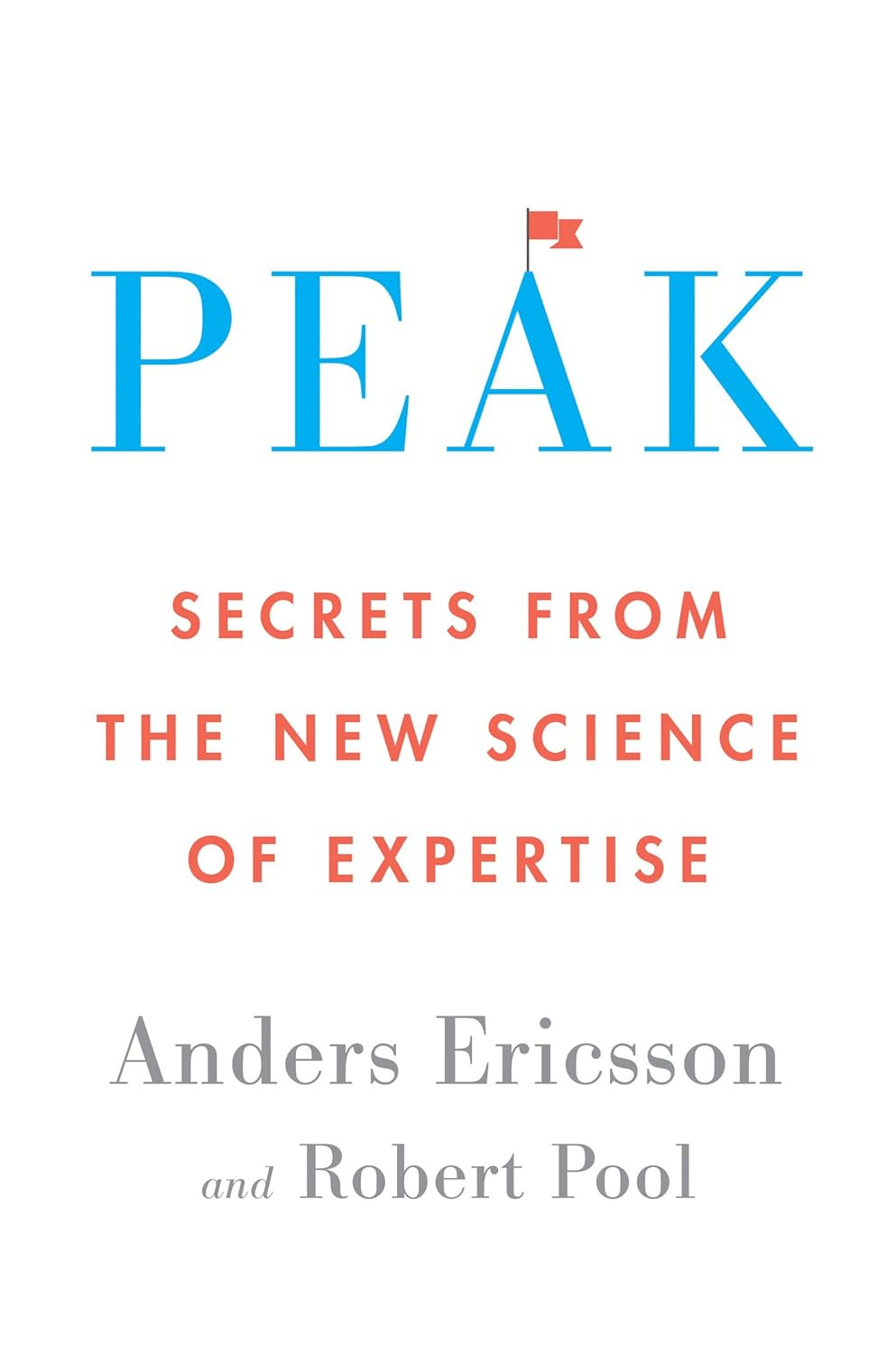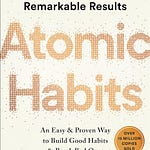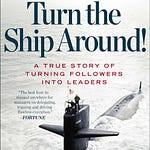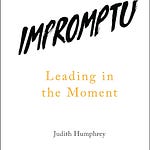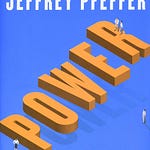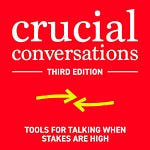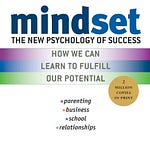Dear friends, good evening! I am Tom Niklas, a seasoned writer and book reviewer. Welcome everyone to the Tom's ReadVault, please subscribe to me and join us in reading 100 books a year together.
I'm delighted to have this opportunity to share with you my thoughts on the excellent and insightful book “Peak: Secrets from the New Science of Expertise”. This fascinating book debunks the myth that true genius is born, not made, and demonstrates how we can all achieve extraordinary levels of mastery through dedicated and purposeful practice.
Many of us grow up thinking geniuses like Mozart were simply gifted from birth. But as the book reveals through countless real-world examples, the so-called "natural gifts" of famous geniuses actually arose from tremendous amounts of diligent practice. Take violin virtuoso Paganini - his legendary ability to play beautifully even after strings broke seemed like an innate gift, but in fact this skill was honed over years of focused training. The same is true even for supposed child prodigies like Mozart, who was methodically trained in composition from a very young age by his father.
The book also critiques the popular "10,000-hour rule" for mastery, made famous by Malcolm Gladwell's Outliers. While Gladwell argues it takes about 10,000 hours of practice to become world-class in any field, the authors point out this claim is flawed. After all, a security guard standing for years at a building or a disengaged teacher lecturing for decades will not necessarily become experts, despite accumulating such hours. Mastery depends not just on sheer time investment, but on the quality and intensity of deliberate practice. Some attain expertise in far less than 10,000 hours, while others fail to improve even after greater time spent practicing without full concentration.
Even more inspirational are the studies shared on our brain's astonishing neuroplasticity and potential for continuous self-improvement. Consider the marathon - the 1908 Olympic champion's world record time of 2 hours 55 minutes would barely qualify someone to run the Boston Marathon today! This shows our bodies and minds can be developed well beyond what was previously thought possible. With proper training, we all can transcend our perceived limitations.
Ultimately, the profound significance of this book is how it shatters rigid notions of innate talent and reveals the extraordinary heights we can reach through dedicated cultivation of skills. It provides a blueprint for self-actualization available not just to geniuses but to everyone willing to engage in purposeful practice. I found this insight genuinely empowering - if we stop imposing limits based on "natural gifts," we can unlock our hidden potential and achieve far more than we ever dreamed possible before.
What is deliberate practice? "Deliberate practice" is markedly different from our habitual mechanical repetitions. It is more scientific, purposeful, and systematic, which also distinguishes it greatly from the "10,000-hour rule."
Specifically, deliberate practice has the following characteristics:
Firstly, it requires clearly defined goals. Like a good coach, it sets specific short-term objectives based on the student's current competency level. This is why activities like counting chess pieces or doing push-ups that are easy to quantify have clear standards, making deliberate practice more feasible. Each training session thus has a distinct aim.
Secondly, it demands acute focus and cannot be mindless, automated training. Professional music students maintain utmost concentration during practice to continually refine their skills.
Thirdly, it relies on prompt feedback. By assessing one's progress through self-reflection or a coach's evaluation, the gap between performance and objectives is constantly measured and methods are calibrated to get closer to the goals.
Fourthly, students must persistently attempt to surpass themselves instead of remaining complacent. Only by moving beyond our "comfort zones" can genuine advancement occur.
Finally, it entails the ongoing refinement of techniques rather than mere repetition. When encountering obstacles, training regimens must be promptly adapted instead of continuing unchanged.
To illustrate, a basketball player's coach tailors a highly customized training program based on the individual's needs, covering areas like dribbling, passing, and shooting, each with explicit aims. The coach also provides feedback during practice to correct motions and promote steady betterment. During games, more complex offensive maneuvers are attempted to push limits. Only through such deliberate training can the player's skills be honed.
Therefore, deliberate practice furnishes us with an efficient, scientific training methodology. I believe that by comprehending and applying this approach, we can consistently transcend our boundaries and achieve the extraordinary. This encapsulates the fundamental framework of deliberate practice.
An extremely important related concept is mental representation. What is a mental representation? While the author does not explain the reasoning behind this term, based on my understanding after reading the book, mental representations are our instinctual reactions that form in response to things - our subconscious associations. For instance, when you see a dog, you do not logically analyze its traits, thinking about what features dogs typically have, what its tail or head should look like, and so on. Your first impulse is simply "puppy," right? This indicates that "dog" already evokes a mental representation in your mind - you need not consciously deliberate.
Listen to this episode with a 7-day free trial
Subscribe to ReadVault to listen to this post and get 7 days of free access to the full post archives.




